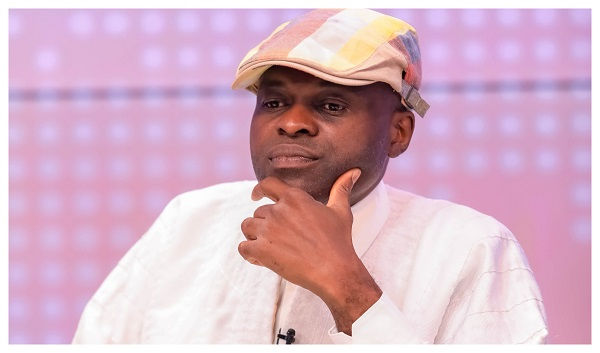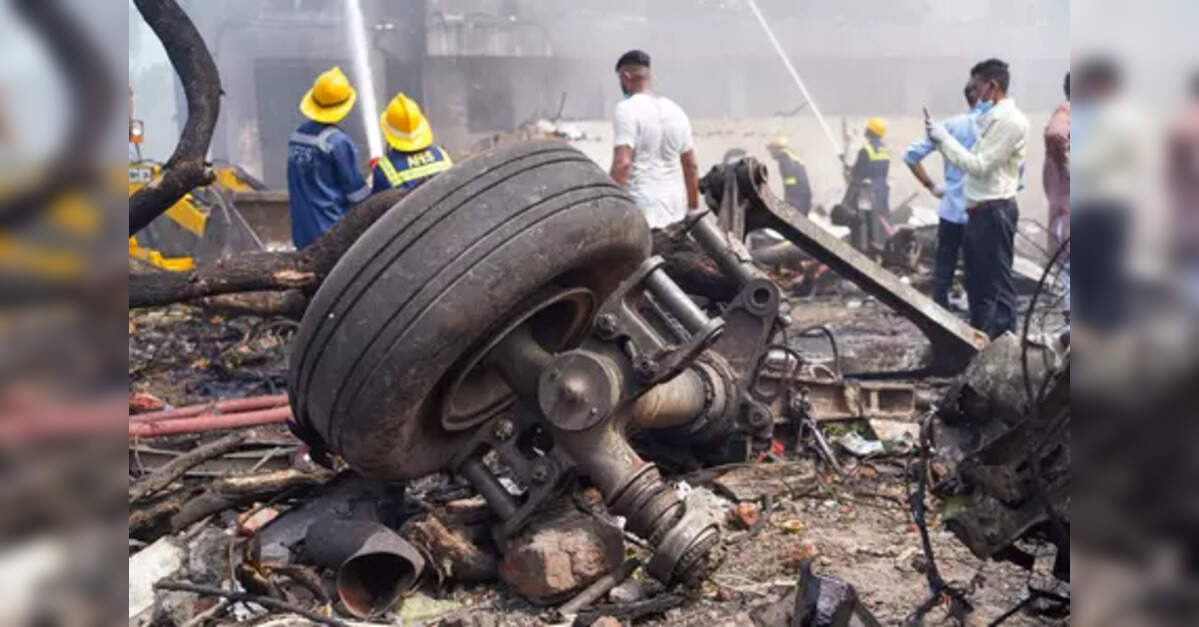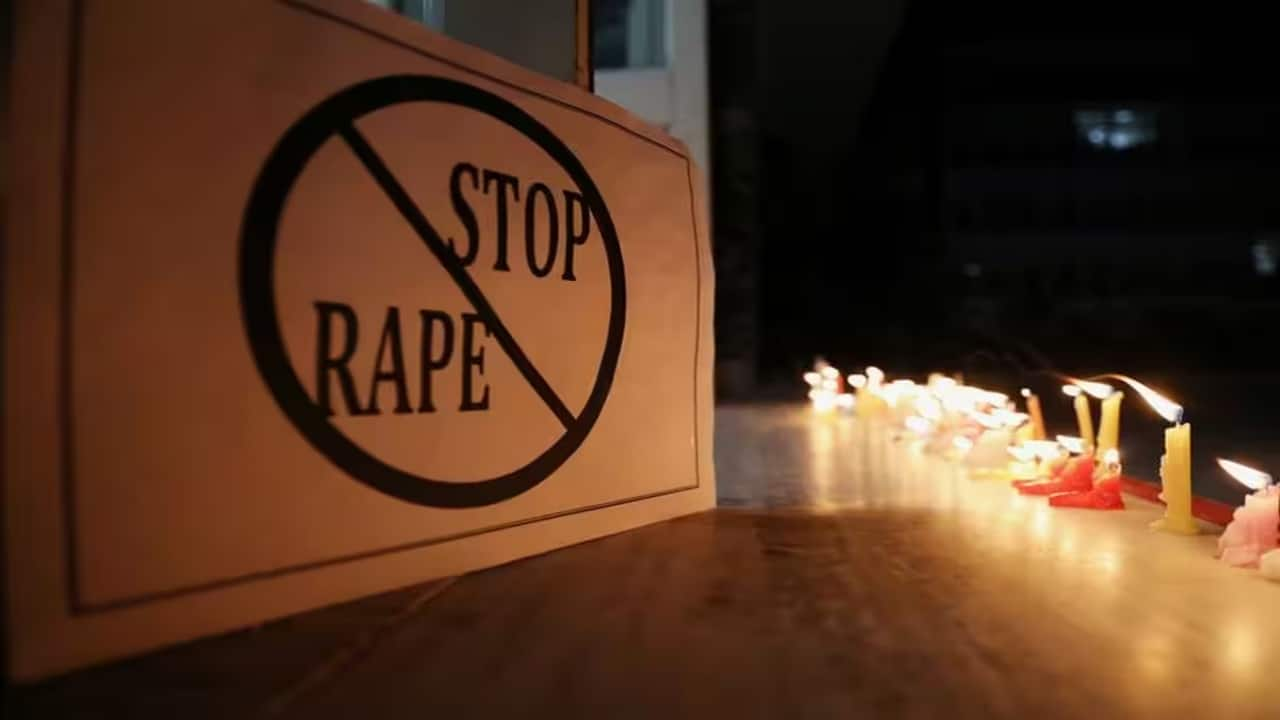Missed mentioning your social media handles on US visa form? It could cost you your visa-Here's what applicants need to know | Zee Business
In a strict new directive, the United States has made it mandatory for all visa applicants to disclose their social media usernames from the past five years on the DS-160 visa application form. The US Embassy in India has warned that failure to comply could result in visa denial and even render applicants ineligible for future visas.
The Embassy, in a statement issued on X, said, “Visa applicants are required to list all social media usernames or handles of every platform they have used from the last 5 years... Omitting social media information could lead to visa denial and ineligibility for future visas.”
Visa applicants are required to list all social media usernames or handles of every platform they have used from the last 5 years on the DS-160 visa application form. Applicants certify that the information in their visa application is true and correct before they sign and… pic.twitter.com/ZiSewKYNbt
— U.S. Embassy India (@USAndIndia) June 26, 2025
Public profiles now a must for student visas: In a move affecting thousands of Indian students planning to study in the US, the Embassy said that all F, M, and J non-immigrant visa applicants must make their social media accounts public to facilitate identity verification and security vetting.
“Effective immediately, all individuals applying for an F, M, or J nonimmigrant visa are requested to adjust the privacy settings on all of their social media accounts to the public,” the Embassy posted earlier this week.
Social media vetting is the process of reviewing a visa applicant’s online activity to assess their admissibility into the US. Consular officers may now scan platforms like Facebook, X (formerly Twitter), LinkedIn, and TikTok for any posts that raise red flags — particularly those perceived as hostile to US citizens, institutions, or cultural values.
The Embassy clarified that since 2019, all visa applicants — both immigrant and non-immigrant — have been required to submit their social media identifiers, but the scrutiny has now intensified.
India has raised concerns over the directive. Responding officially for the first time, Ministry of External Affairs (MEA) spokesperson Randhir Jaiswal said that visa decisions are sovereign matters, but emphasised that Indian applications should be considered purely on merit.
“It is our belief that all visa applications of Indian nationals should be treated on the basis of merit,” Jaiswal said. “We remain engaged with the US side on all mobility and consular issues to ensure that the legitimate interests of Indian nationals are safeguarded.”
The move comes amid the Trump administration’s push to tighten immigration rules. Officials claim that the earlier visa screening process under the Biden administration was “loosely vetted” and that social media monitoring is a necessary step to enhance national security.
This policy shift also follows widespread pro-Palestine student protests in US universities — which officials reportedly view as a trigger to further clamp down on online activism perceived as “anti-American.”
The new rules primarily affect those applying for:
F visas – for students enrolled in academic institutions,
M visas – for vocational or technical school students,
J visas – for cultural and educational exchange participants.
Visa applicants are advised to ensure all their online handles are disclosed accurately, and to consider making their accounts public during the application process to avoid unexpected denials.













